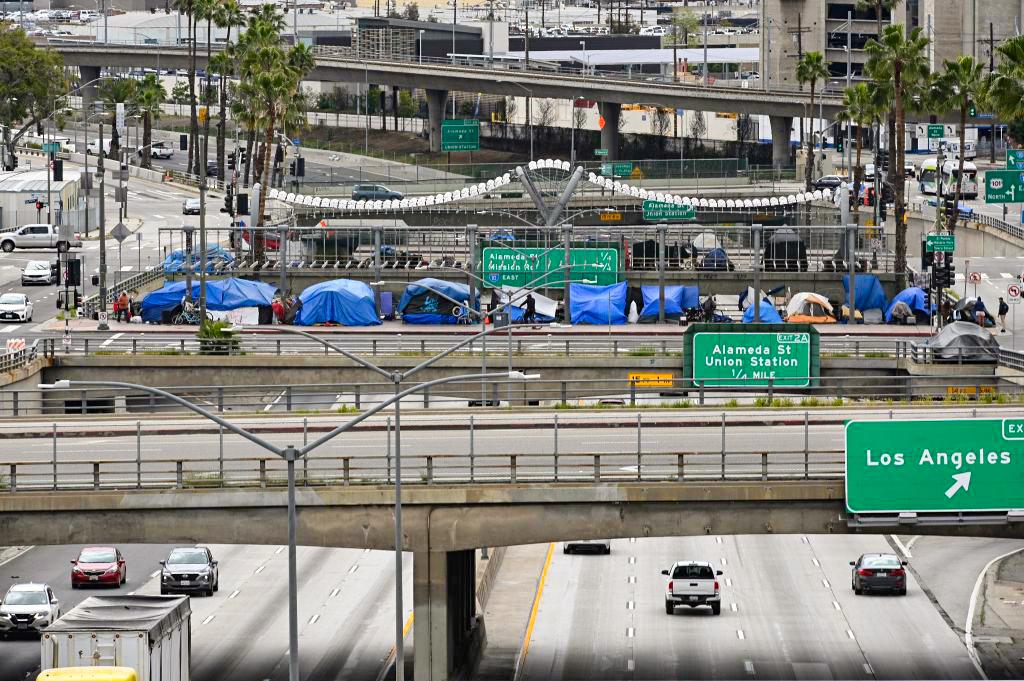LOS ANGELES—Los Angeles is extending its “Project Roomkey” program, which temporarily shelters unhoused people in hotels and motels, for another three months.
On March 29, the Los Angeles City Council unanimously voted to authorize $10. 6 million to extend Project Roomkey at the Mayfair Hotel and the L.A. Grand Hotel in Downtown LA, as well as Highland Gardens in Hollywood, until June 30.





